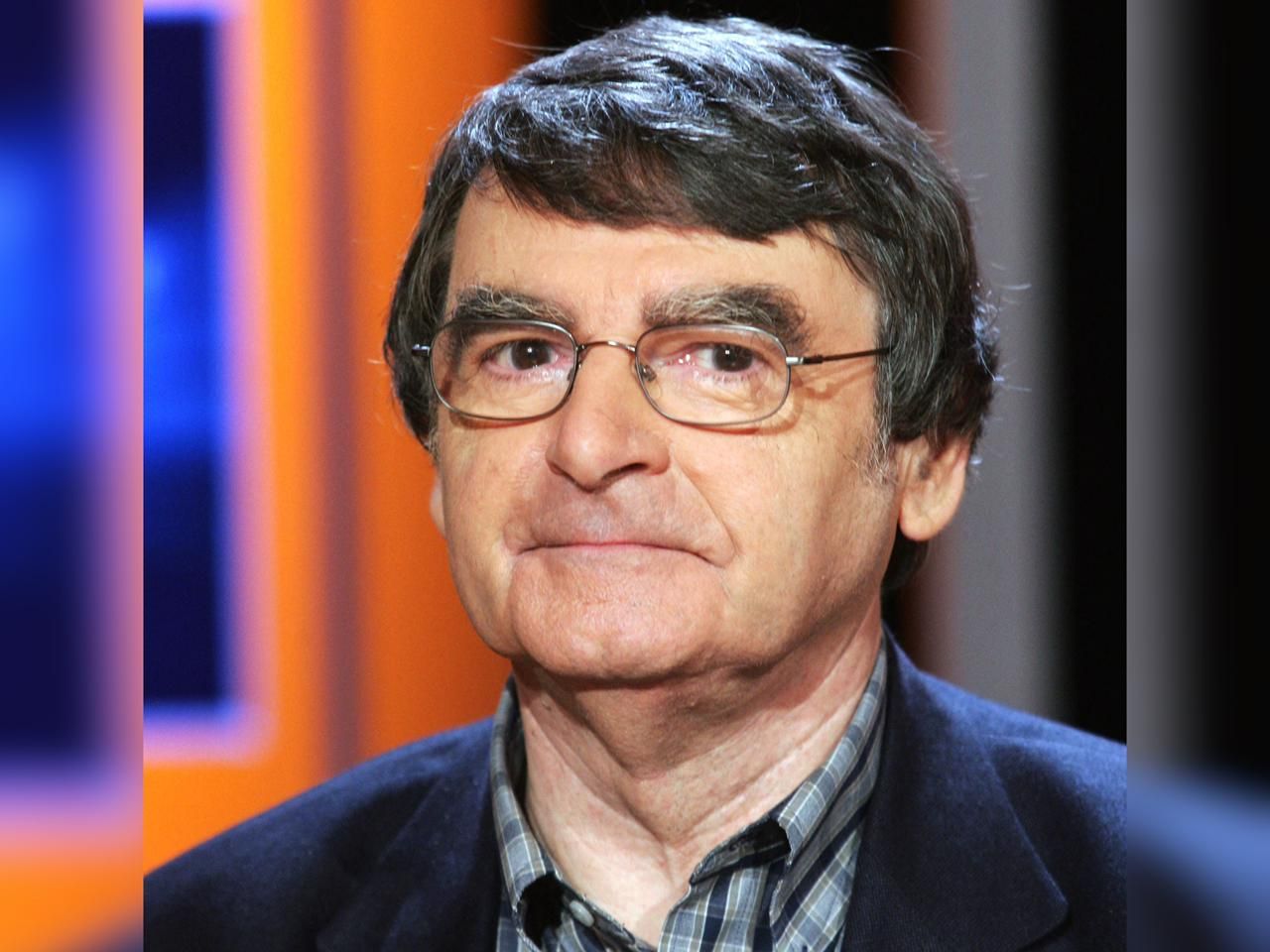
David Lodge, the renowned British novelist and critic, has died at 89. Best known for his witty novels Small World and Nice Work, he was a master of satire and academia, leaving behind an indelible legacy in literary culture.
David Lodge, the celebrated British novelist who earned two Booker Prize nominations, passed away on New Year's Day at the age of 89, his publisher announced on Friday. Known for his sharp wit and insightful commentary, Lodge's works such as Small World (1984) and Nice Work (1988) were both nominated for the prestigious literary award during the 1980s.
According to Penguin Random House, the author died peacefully, though the cause of death has not been disclosed. Liz Foley, his publisher, paid tribute to him, emphasizing his significant contribution to literary culture, both through his fiction and his critical work. “His contribution to literary culture was immense, both in his criticism and through his masterful and iconic novels which have already become classics,” Foley said, underscoring Lodge’s lasting legacy.
Rummidge Trilogy
Lodge's family expressed immense pride in his work, highlighting his broad range of talents, from novels to plays, memoirs, and television scripts. His literary journey began in the 1970s and reached its peak with Small World and Nice Work, both of which were part of his renowned Rummidge Trilogy. The series, which also included Changing Places (1975), explored the cultural and intellectual exchanges between two university professors, Philip Swallow from England and Morris Zapp from the United States, who swap places for six months. The trilogy, set in a fictional British university, provided a comical yet critical exploration of academia and societal norms.
Lodge’s works often delved into the world of academia and Catholicism, with a satirical lens on middle-class life. His distinctive, humorous approach garnered him a worldwide readership, and in 2008, The Guardian dubbed him “one of Britain's best-loved comic writers.” Anthony Burgess, the author of A Clockwork Orange, also hailed Lodge as “one of the best novelists of his generation.”
Procrastinating student
Born in London on January 28, 1935, Lodge grew up in a Catholic household. His father was a professional dance musician, while his mother was a homemaker. A gifted student, Lodge pursued literature at University College London, where he met Mary Jacob, whom he married in 1959. He later embarked on a teaching career at the University of Birmingham, where he would work from 1960 to 1987, before turning his focus fully to writing.
Lodge's first novel, The Picturegoers (1960), was a social exploration of a local cinema through multiple characters. However, it was with The British Museum Is Falling Down (1965) that he gained significant recognition, with its comic portrayal of a procrastinating student in the British Museum's reading room. However, it was Changing Places, inspired by Lodge's own academic experiences, that marked the beginning of his critical and commercial success. The novel won the Hawthorn Prize and laid the foundation for his future works.
Most notable unwinners
Both Small World and Nice Work continued to build on the themes of academia and British society, earning critical acclaim, though neither secured a Booker win, with Anita Brookner and Peter Carey taking the prize in the respective years. Despite this, in 2018, The Times of London described him as one of the "most notable unwinners" of the Booker Prize. Lodge’s sharp observations of 1960s Britain and its liberal intellectualism cemented his place in the literary canon. The Guardian in 2008 noted that Lodge would be “read long after most of his peers" for his brilliant depictions of British life.
In addition to his novels, Lodge was a prolific critic, contributing to academic journals, writing fictional biographies of Henry James and H.G. Wells, and publishing two volumes of memoirs. His later works, including Deaf Sentence (2008), drew on personal experiences, such as his gradual onset of deafness. A devoted husband, Lodge’s wife passed away in January 2022, and he spent the last years of his life reflecting on his long and accomplished career.
With AFP



Comments